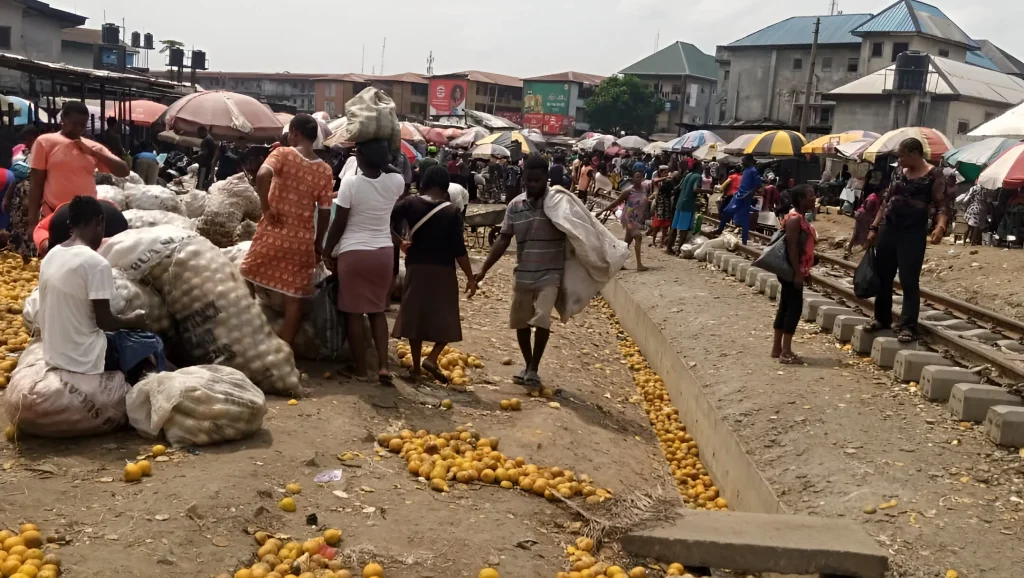The Federal Ministry of Agriculture and Food Security has committed to reducing post-harvest losses in Nigeria’s agricultural sector by 25%.
This effort is part of a broader strategy to boost food security and increase domestic agricultural production, aiming to strengthen the nation’s economy and support farmers.
This was announced during the Special Agro-Industrial Processing Zones (SAPZ) High-Level Implementation Acceleration Dialogue, which took place in Abuja.
The SAPZ initiative is a government-led programme aimed at transforming the agricultural sector by promoting investment, enhancing food processing capabilities, and reducing post-harvest losses. It focuses on integrating farming, food processing, and marketing activities to raise productivity, minimise wastage, and increase the value of agricultural products.
The programme is supported by the African Development Bank (AfDB), the International Fund for Agricultural Development (IFAD), and the Islamic Development Bank (IsDB).
In his keynote address, the Minister of Agriculture and Food Security, Abubakar Kyari, stressed the importance of working together to address the current challenges facing the agricultural sector.
“Our objective is clear: we must enhance our production capabilities and reduce post-harvest losses from the current 45 per cent to 20 per cent. This is critical not only for food security but also for improving the livelihoods of our farmers,” Kyari stated.
The minister explained that the SAPZ initiative would focus on creating agro-industrial processing zones in seven states and the Federal Capital Territory (FCT), targeting crops such as cassava, rice, maize, and cocoa.
The programme is projected to generate approximately 500,000 direct and indirect jobs, contributing significantly to the nation’s food supply and economy.
Also speaking at the event, Finance Minister Wale Edun highlighted the government’s focus on agricultural industrialisation. He noted that increased food production is crucial for Nigeria’s economic stability.
“The successful production of food is fundamental to our economic stability. When we achieve our production goals, we will see a significant impact on inflation, interest rates, and ultimately, our trade balance,” he said.
Abdul Kamara, the African Development Bank’s Country Director, added that reducing post-harvest losses could greatly benefit the economy and improve food security.
“By reducing post-harvest losses from 50 per cent to 10-20 per cent, we can make a significant contribution to the economy and improve food security,” Kamara stated.

